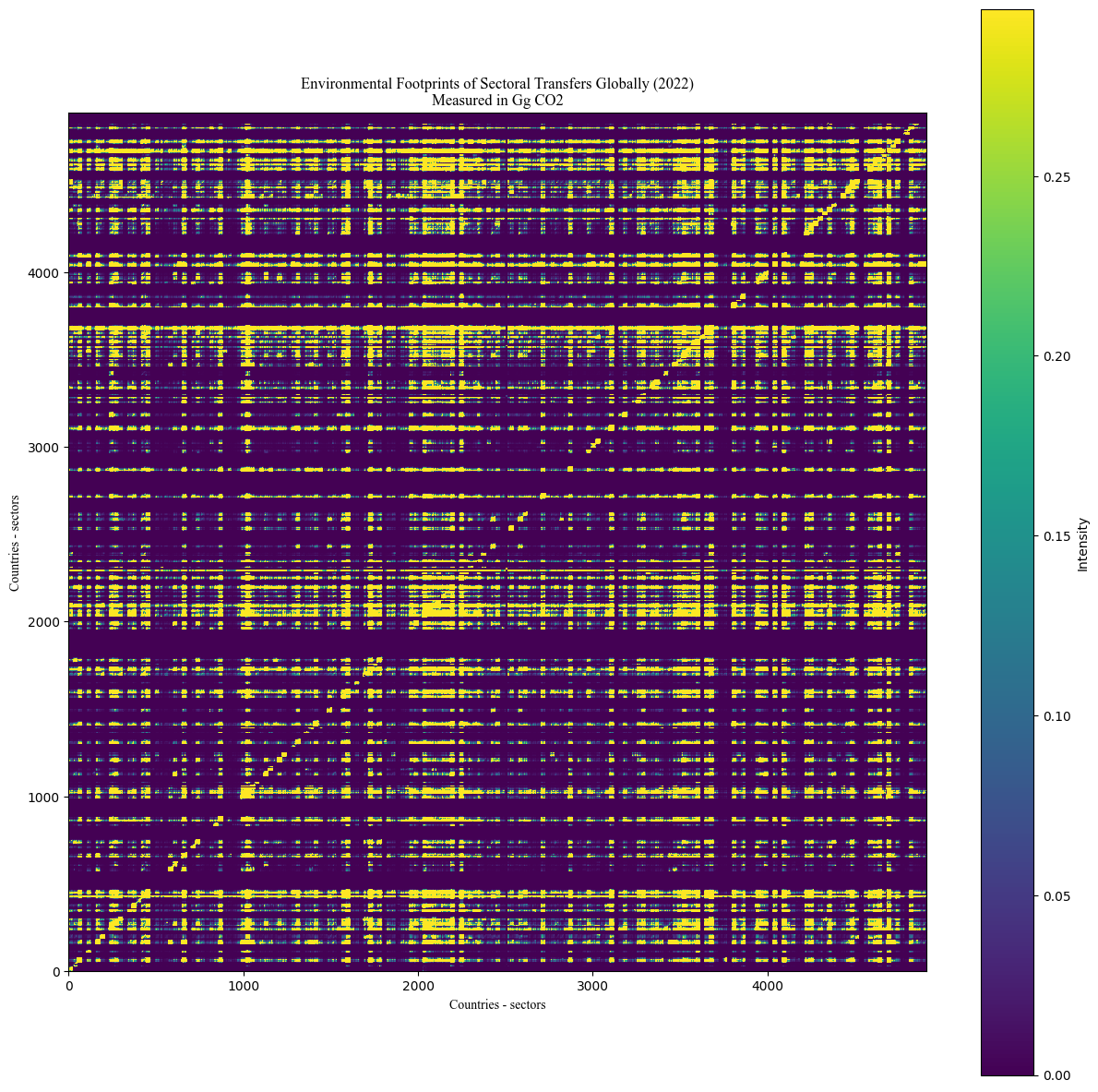MRIO-HHL: A Quantum-Enhanced Framework for Optimisation of Sustainable Supply Chain Management
By Avni Garg, Megan Zhang
The rapid growth of global trade, outpacing real-adjusted GDP, has amplified the environmental footprint of international value chains, a prominent trend in recent decades that has been ineffectively addressed due to the complexity of global supply chains and discrepancies in sustainable policy. To inform sustainable policy-making, we integrate quantum computing and econometrics in a novel framework, leveraging usage of a Multi-Regional Input-Ouput (MRIO) model to quantify embodied CO2-emissions across global supply chains and model intersectoral relations across regions. Our approach builds upon the quantum-inspired notion of complex network optimisation, drawing from the Harrow-Hassidim-Lloyd algorithm to solve the linear system and optimise environmental policy interventions within a MRIO model. Through encoding the optimisation problem for quantum computation, we seek to achieve a faster and more efficient method of emission reduction strategies across large supply chains. Within this simulated pseudo-economy, we also provide a higher dimension of scenario analysis to evaluate the environmental impacts of global trade interventions. This paper ultimately seeks to provide empirical support for global policies to push for the sustainable management of supply chains, as well as contributing to the emerging paradigm of quantum economics.
Files and Resources
Files are coming soon!
Photo Gallery

